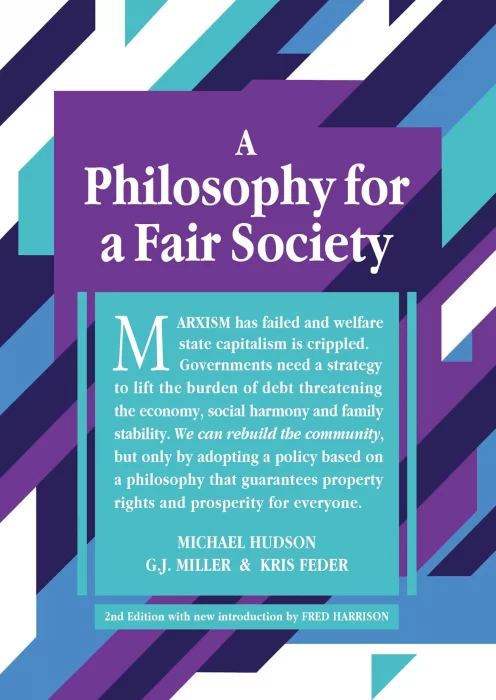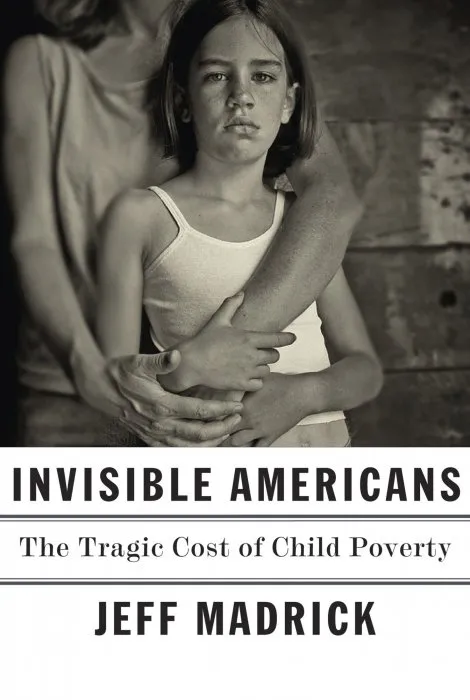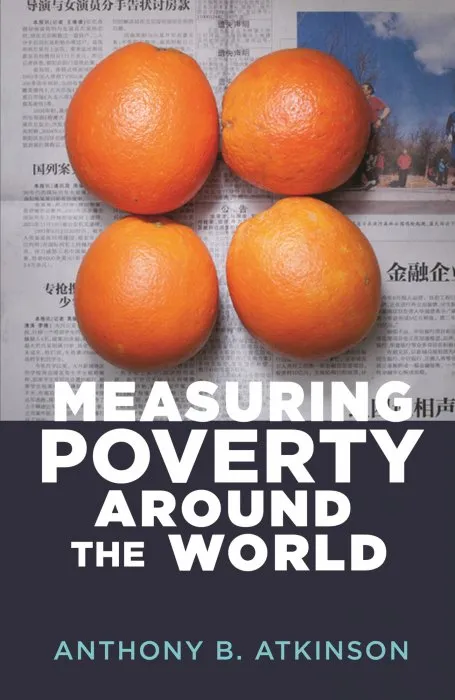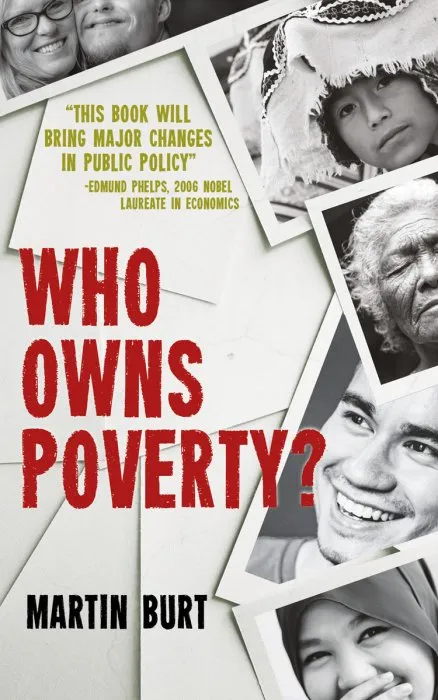Poverty is not Natural
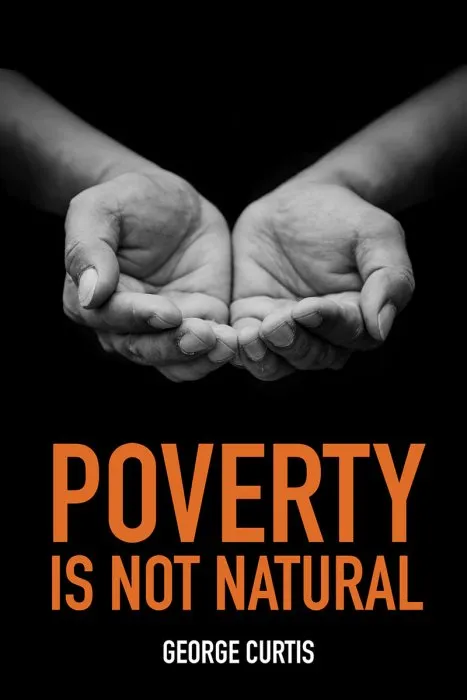
Date: January 14th, 2020
ISBN: 0856835250
Language: English
Number of pages: 160 pages
Format: EPUB
Add favorites
Across Europe, politicians and economists remain locked into micromanaging the welfare state established post-war, tweaking it here and tweaking it there to ameliorate the consequences of poverty, but failing to end poverty. Instead of focusing on consequences, George Curtis seeks the cause of poverty. This was laid bare in a book, Progress and Poverty, by an American economist, Henry George, in 1879. Two years later, without any prior knowledge of George’s work, an Irish bishop, Thomas Nulty, came to the same conclusion from a theological point of view. Yet, despite poverty remaining a crisis in today’s 21st century society, the moral and economic arguments made by George have remained unaddressed.
The author of this book regenerates George’s ideas, recognizing that the cause of poverty is entrenched throughout the world in a widely accepted social institution, just as slavery once was. Henry George argued that a true understanding of Christianity led to the conclusion that the “right of property, originating in the right of the individual to himself, is the only full and complete right of property. It attaches to things produced by labor, but cannot attach to things produced by God.” George Curtis analyzes Henry George’s remedy for poverty with a fine balance between Christian moral sensitivity and economic pragmatism, observing its effect on Christian social teaching, and its relevance in addressing the contemporary nature of poverty. Poverty is not Natural demonstrates that what is morally right is also the most economically efficient.
The author of this book regenerates George’s ideas, recognizing that the cause of poverty is entrenched throughout the world in a widely accepted social institution, just as slavery once was. Henry George argued that a true understanding of Christianity led to the conclusion that the “right of property, originating in the right of the individual to himself, is the only full and complete right of property. It attaches to things produced by labor, but cannot attach to things produced by God.” George Curtis analyzes Henry George’s remedy for poverty with a fine balance between Christian moral sensitivity and economic pragmatism, observing its effect on Christian social teaching, and its relevance in addressing the contemporary nature of poverty. Poverty is not Natural demonstrates that what is morally right is also the most economically efficient.
Download Poverty is not Natural
Similar books
Information
Users of Guests are not allowed to comment this publication.
Users of Guests are not allowed to comment this publication.
